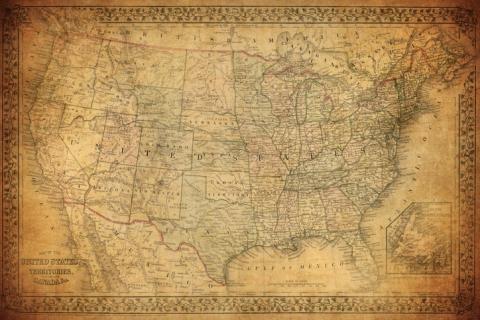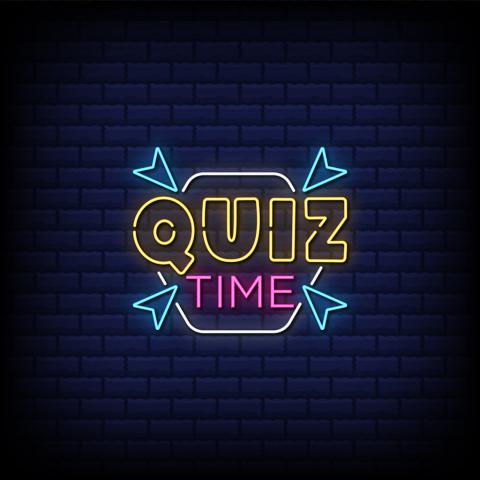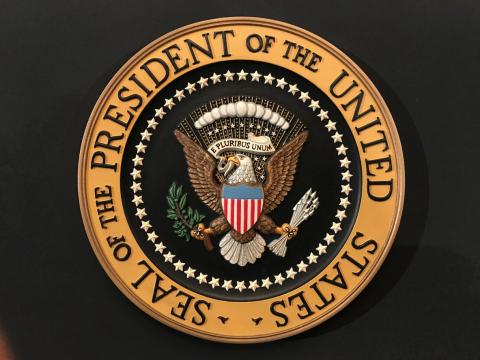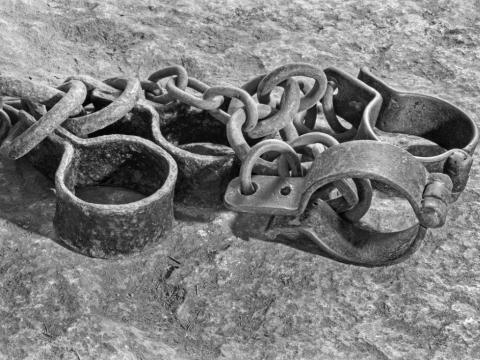The Importance of Checks and Balances
What is the main purpose of checks and balances in a democratic system?
- The purpose of checks and balances is to prevent any one branch of government from becoming too powerful. This ensures that no one person or group has too much control over the government and promotes a fair and equal system for all.
Which branch of government is responsible for making the laws?
- The legislative branch is responsible for making the laws. This includes the Senate and the House of Representatives.
Which branch of government is responsible for enforcing the laws?
- The executive branch is responsible for enforcing the laws. This includes the President and their administration.
Which branch of government is responsible for interpreting the laws?
- The judicial branch is responsible for interpreting the laws. This includes the Supreme Court and all other federal courts.
What is the main purpose of the separation of powers?
- By dividing the powers of the government among three separate branches, it ensures that no one person or group has too much control over the government.
Which branch of government has the power to veto laws?
- The executive branch has the power to veto laws. This means that if the President disagrees with a law passed by Congress, they can veto it.
Which branch of government has the power to override a veto?
- The legislative branch has the power to override a veto. If two-thirds of the House of Representatives and the Senate vote to override a veto, the law will be passed despite the President's objections.
Which branch of government has the power to declare war?
- The legislative branch has the power to declare war. This means that Congress must vote to declare war before any military action can take place.
Which branch of government has the power to impeach the President?
- The legislative branch has the power to impeach the President. This means that Congress can bring charges against the President for misconduct and, if necessary, remove them from office.
Which branch of government has the power to interpret the Constitution?
- The judicial branch has the power to interpret the Constitution. This means that they can determine whether a law or action is constitutional or not.





